Why urbanites in Switzerland give generously to mountain farmers
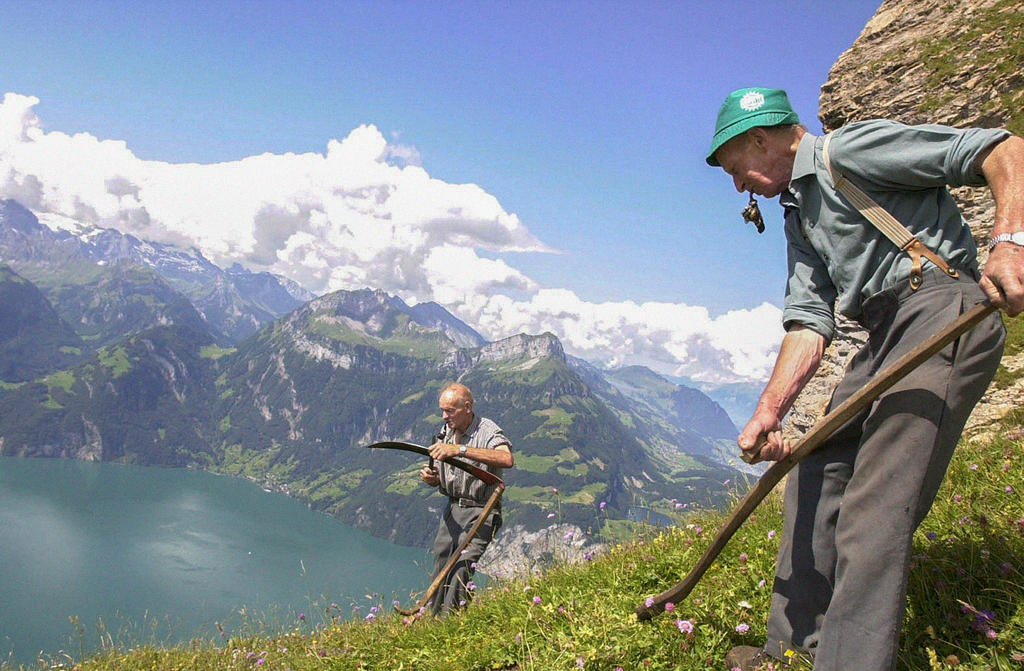
The Swiss Mountain Aid fund originated in wartime, when farmers’ families struggled to make a living from the land. Today, 75 years on, the foundation is still going strong. Why do the Swiss still feel so much solidarity with the Alpine farming community?
Life in the Alps can be tough. The weather and the terrain don’t make farming easy. The people of the Alps lived for centuries in dire poverty. In the early 20th century many mountain farmers even sent their children out as seasonal workers on farms in Germany.
In 1943, when most farmers were on active war service, and their wives, children and grandparents had to keep the farms going, a committee using the name “Mountain Aid” started collecting donations for the Alpine community. The idea was that those living in cities should help out their fellow citizens in the Alps.
Then the committee became a non-profit society, which eventually turned into a foundation with the aim of improving the economic circumstances and living conditions of mountain populations.
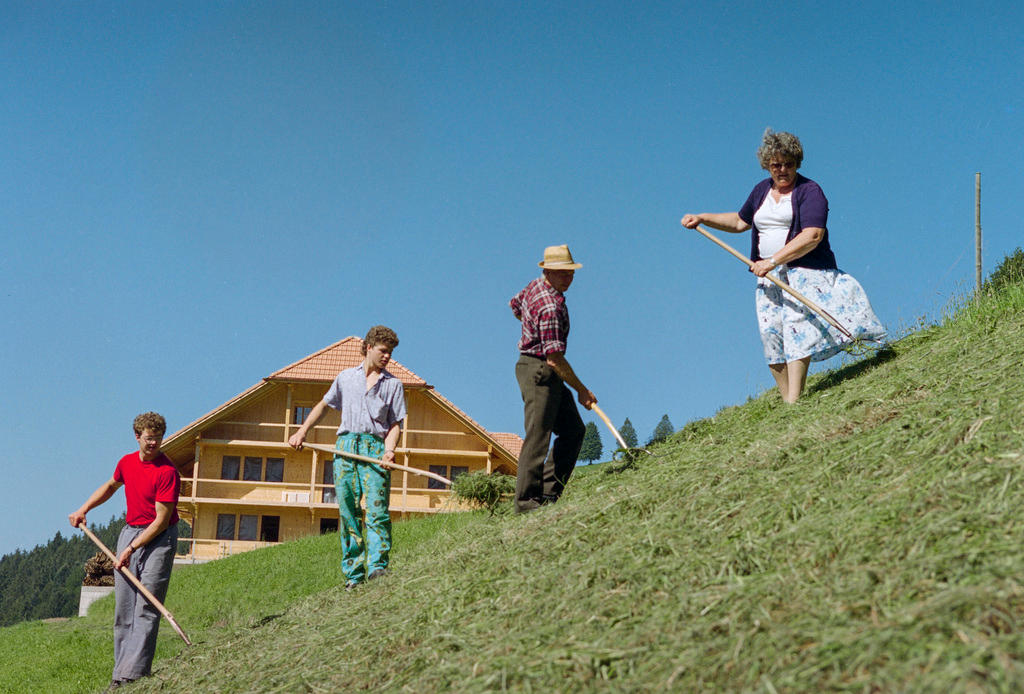
In practical terms, this may mean funding a wood-fired heating system, building a forestry cable-car line, providing volunteer first-aid workers with the equipment they need (as an alternative to ambulance services, which can be slow in mountainous areas) or cleaning up after natural disasters like storms, floods and avalanches. The Swiss Mountain AidExternal link foundation is still entirely dependent on donations.
An enduring solidarity
According to Swiss Mountain Aid, the weather is still the biggest challenge for farmers in the Alps. But more than ever they can count on the solidarity of urban dwellers. In 2017 the charity received more donations than it had in 12 years: about 56,000 donors – mostly in urban areas – gave a total of CHF31.2 million ($31.3 million).
This seems to be an onoing trend.
“The vast majority of donations – always more than three quarters in recent years – come from urban areas”, says Ivo Torelli of Swiss Mountain Aid. Since the creation of the foundation, the idea of solidarity, captured in the phrase, “The city helps the mountains”, has remained constant. But the sheer amount of money has grown.
“In the early 1980s donations were around CHF5 million, but in the last ten years it’s been more like CHF25 million per year.”
Donors don’t just stop at giving money. Several hundred of them do voluntary work each year: they help with clearing the land on an Alpine pasture, keeping the weeds cut back, removing rocks or maintaining hiking trails.
Every Swiss an Alpine dweller
Today Switzerland is one of the world’s richest nations. No one is forced to eke out a living on the harsh terrain of the Alps, yet urbanites continue to show a strong sense of solidarity with mountain communities.
“It has a lot to do with the Swiss sense of identity, with the history of Switzerland, and with the great Swiss tradition of helping out those in need,” says Torelli. “What it comes down to is that every Swiss is to some extent an Alpine dweller.”
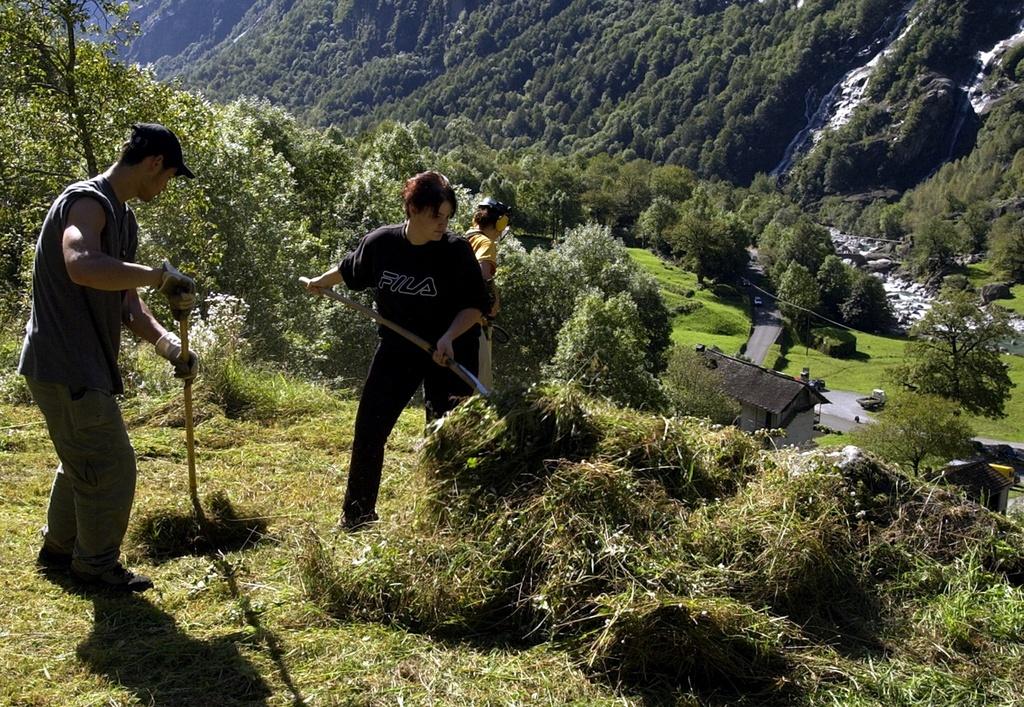
Identity and patriotism play an important role in people’s willingness to donate to Swiss Mountain Aid, says sociologist Katja RostExternal link. Many people would like to live in the mountains in the midst of nature, if their work and social ties would allow it.
“It is sad to see everybody living in the cities while the villages die,” says the Zurich University professor. “Traditional inns are disappearing. There are no more family-run shops. Sometimes you see real ghost towns.”
Rost adds that economic and moral considerations also play a part in the willingness to donate.
“People who feel a strong attachment to their origins – and the Swiss are among them – don’t want to be driven from home because of a lack of infrastructure or income,” says the sociologist. “That would be sad for a country that’s doing so well thanks to its cities and its culture. The villages are a part of Swiss culture and therefore a part of the Swiss success story. We’d undermine our own success if we simply let that part of our culture die.”
Translated from German by Terence MacNamee

In compliance with the JTI standards
More: SWI swissinfo.ch certified by the Journalism Trust Initiative








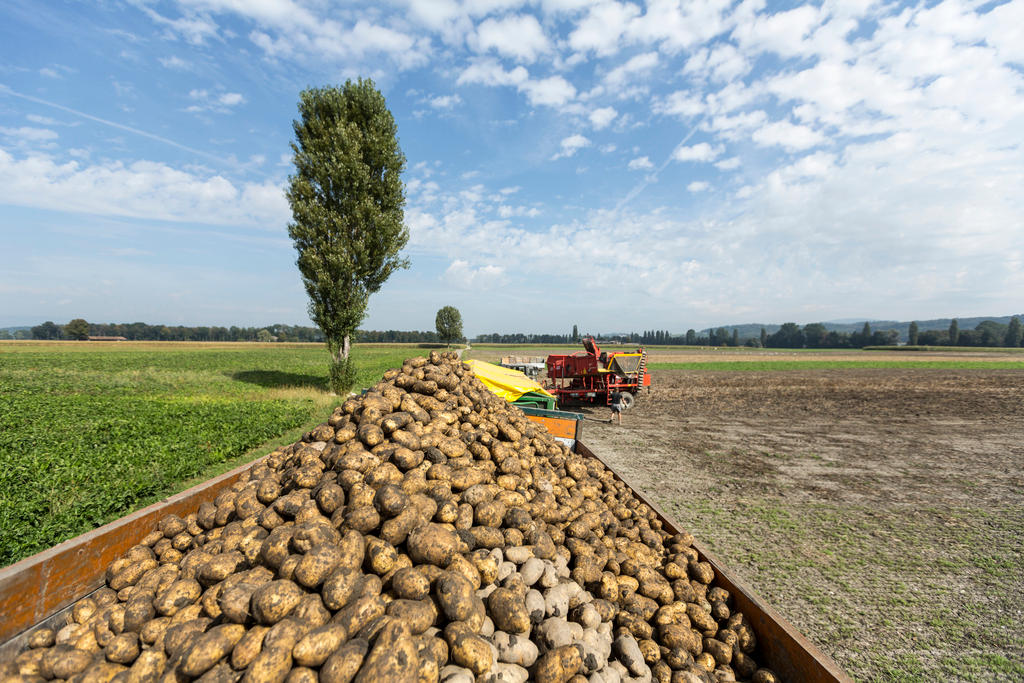
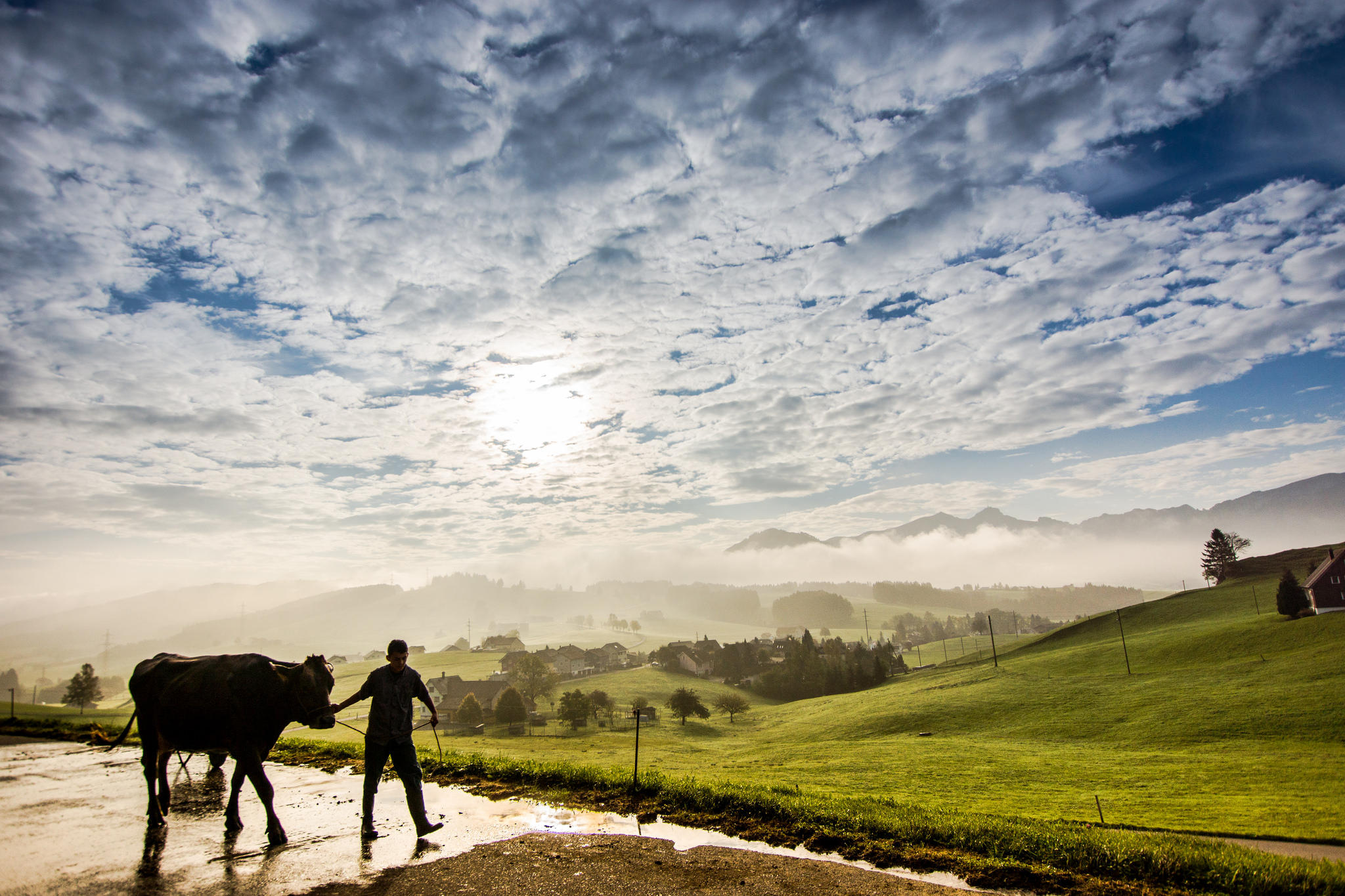
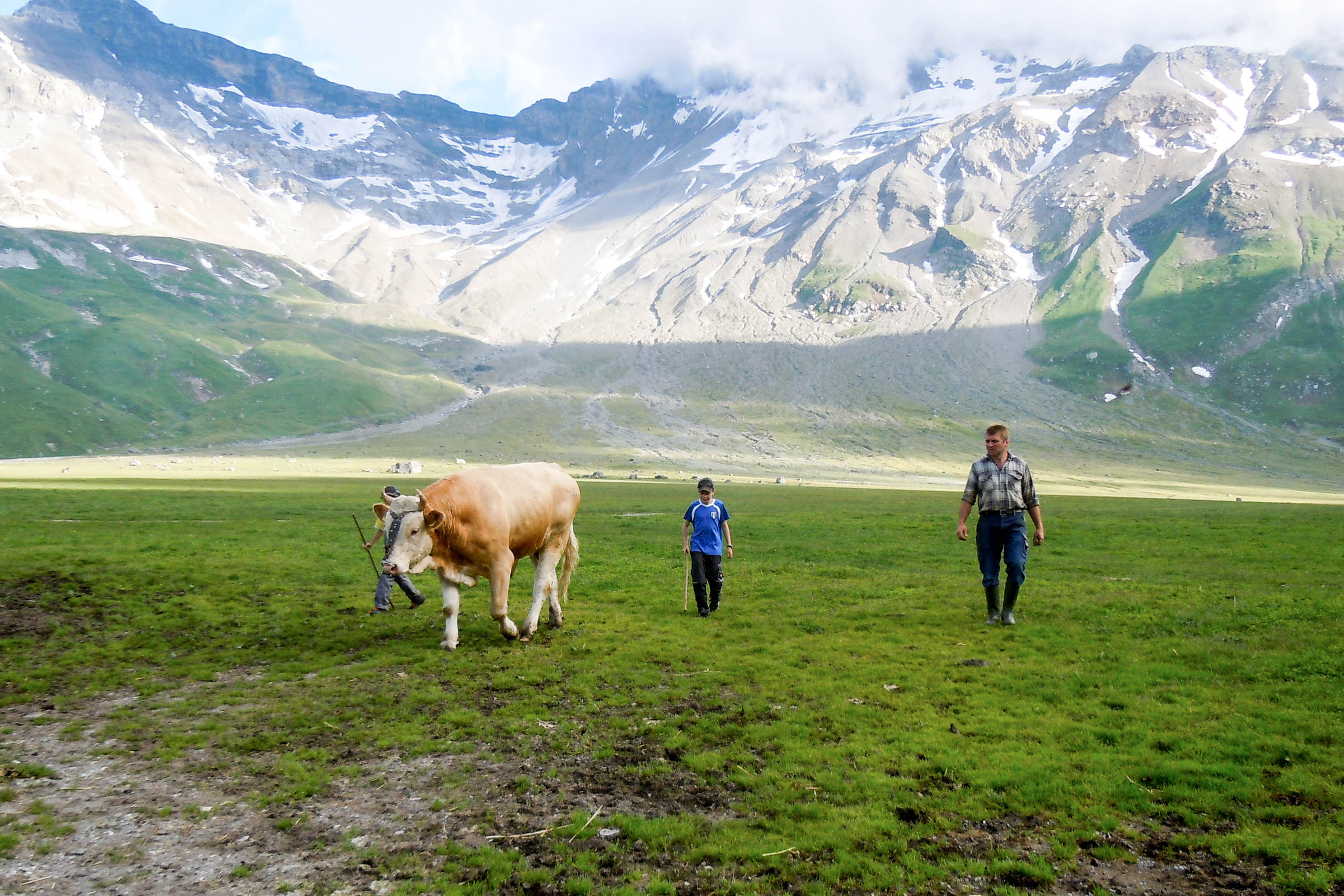

You can find an overview of ongoing debates with our journalists here . Please join us!
If you want to start a conversation about a topic raised in this article or want to report factual errors, email us at english@swissinfo.ch.